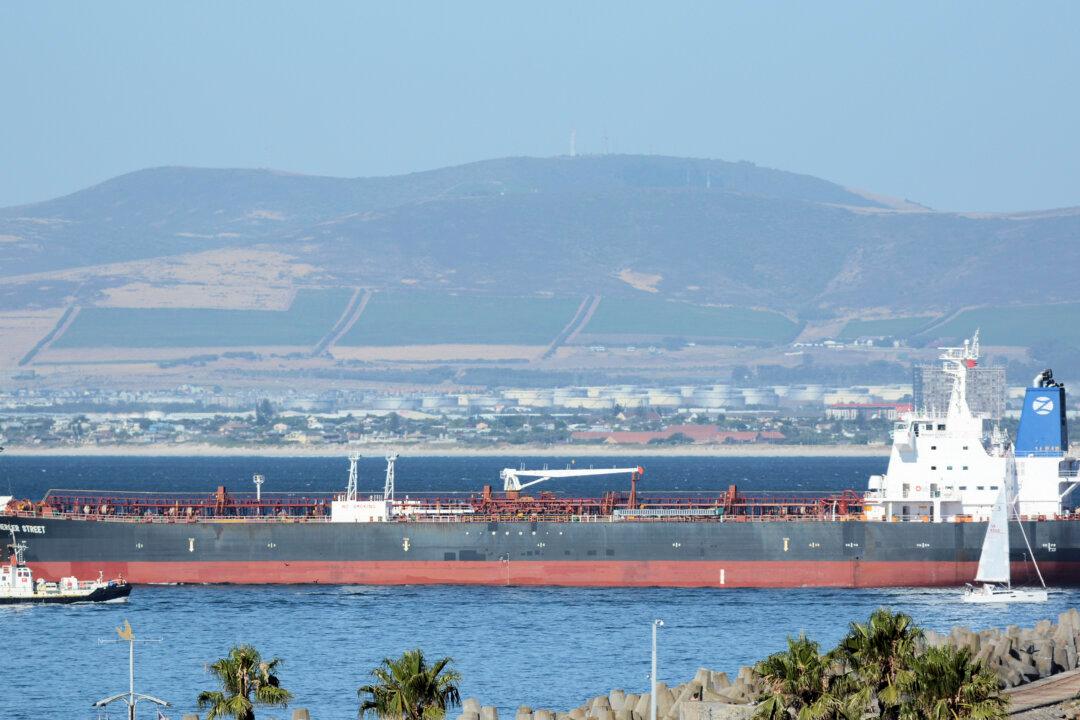DUBAI, United Arab Emirates—An attack on an oil tanker linked to an Israeli billionaire killed two crew members off Oman in the Arabian Sea, authorities said Friday, marking the first fatalities after years of assaults targeting shipping in the region.
No one immediately claimed responsibility for the Thursday night raid on the Liberian-flagged tanker Mercer Street. However, a U.S. official said it appears a so-called suicide drone was used in the attack, raising the possibility that a government or a militia group was behind it. An Israeli security official said that Israel believes Iran was behind the attack on the ship, citing similar attacks in the past.





